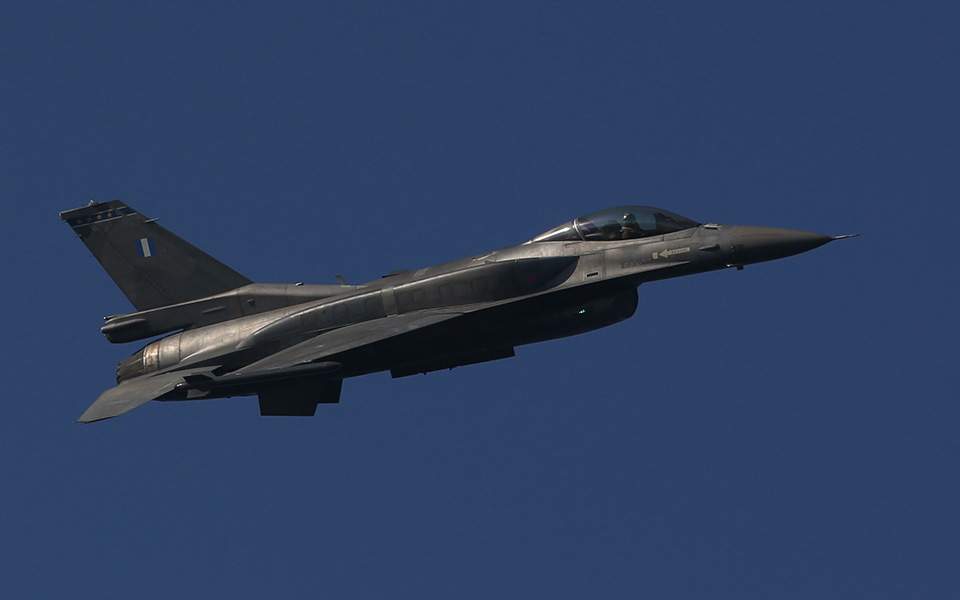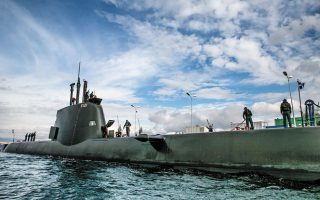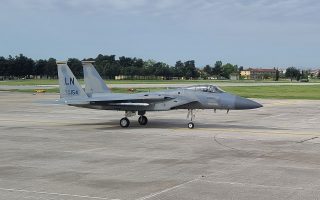Greece’s significant air power projection

Greece’s military procurement program – a thorn in Turkey’s side, described by its defense minister, Hulusi Akar, as “provocative” – is back at the fore, after the recent briefing in Parliament about the navy’s acquisition of 44 torpedoes for its Type 214 submarines.
Greece is the last country to want an arms race that will take funds away from health, education and other social necessities. It arms itself purely for defensive reasons stemming from Turkey’s stance over the decades, and even more so now with President Recep Tayyip Erdogan’s expansionist neo-Ottoman doctrine, as expressed through the “Blue Homeland” narrative.
It is always on the alert, moving consistently on two axes: building its defenses and developing alliances and partnerships with international and regional players. It is obviously not a threat to anyone, nor has it ever been. It wants peace and untroubled relations with Turkey that are obviously of economic benefit to both countries, with tourism being a prime example. It is committed to dialogue, it accepts international jurisdiction, and is open to an honorable compromise, knowing that it would not satisfy all of its desires and demands.
On the other side of the Aegean, however, more and more Turkish officials – from the president and the defense minister to the lower government echelons – are constantly attacking Greece. They behave arrogantly and are often derogatory, to an unjustifiable degree. No one questions Turkey’s military strength, but the balance of power is not quite as weighted to that side as some in Ankara may think.
After the torpedoes, the next subject to go to Parliament is the upgrade of another group of its F-16 fighter jets, which follows the process already under way for the upgrade of another 84 F-16s.
Right now, Greece has 198 US and French jets: 84 newer F-16s being upgraded to Viper class (the most advanced jets of this type, a process covering 30 F-16 Block 52+ adv and 54 F-16 Block 52+ aircraft that is under way), another 38 Block 50 F-16s that are also being upgraded, 32 older Block 30 F-16s (some of which may be sold) and 44 Mirage 2000s (two different types). This is not counting the 34 F-4s that will be retired in 2027.
We also have the 24 Rafale jets that are being acquired by the Hellenic Air Force. Even before talking about the possibility of its acquiring F-35s in the future, Greece has quite a formidable air defense system.
Turkey, for its part, has 233 F-16s, most of them less advanced models (29 are Block 50+ adv, 70 are Block 50, 99 are Block 40 and 35 are Block 30).
Of course, it is not all about the air force. There are other military parameters too, which Greece is well aware of. Nevertheless, it is hard for any observer to agree with the “giant vs fly” metaphor once used to by a Turkish presidential aide.





